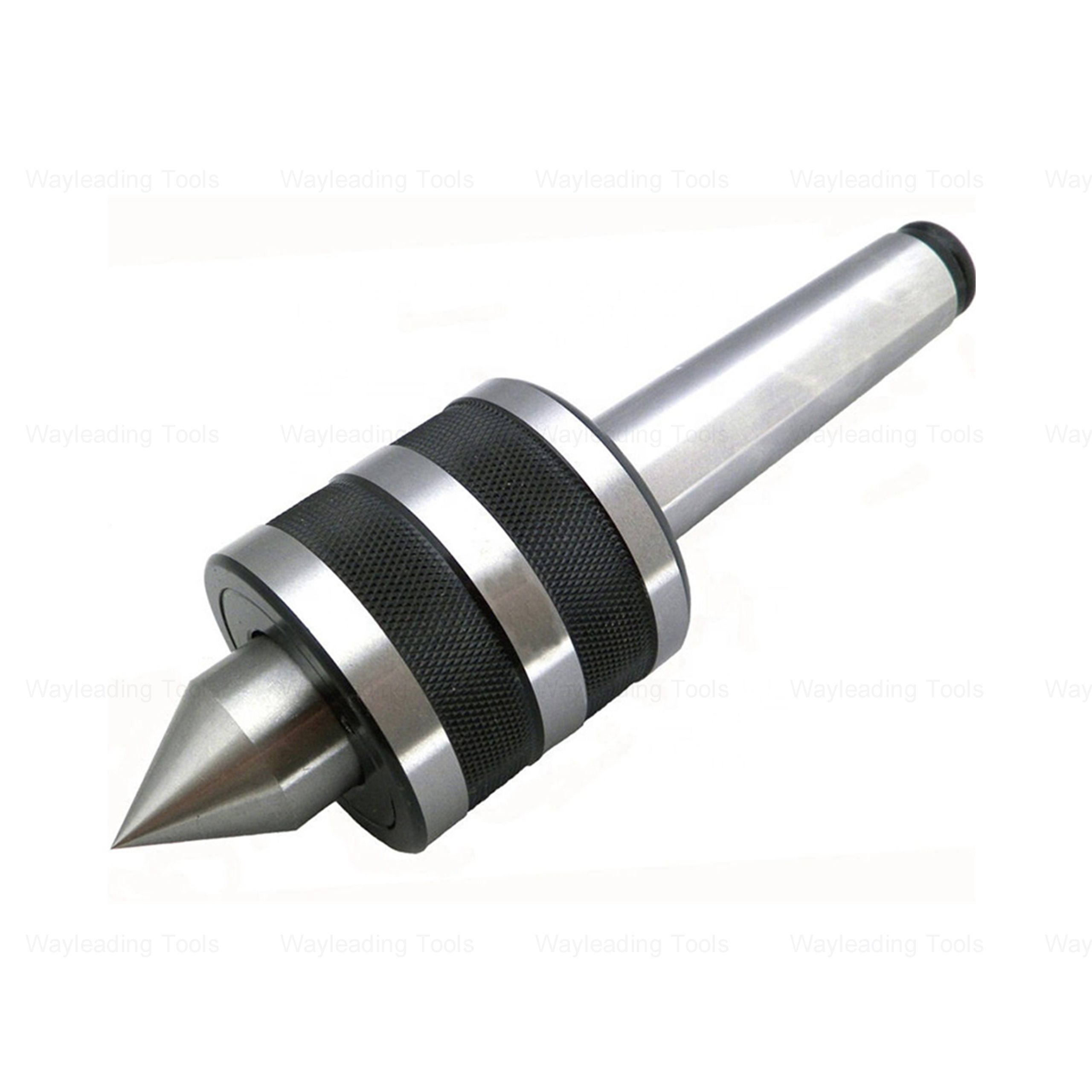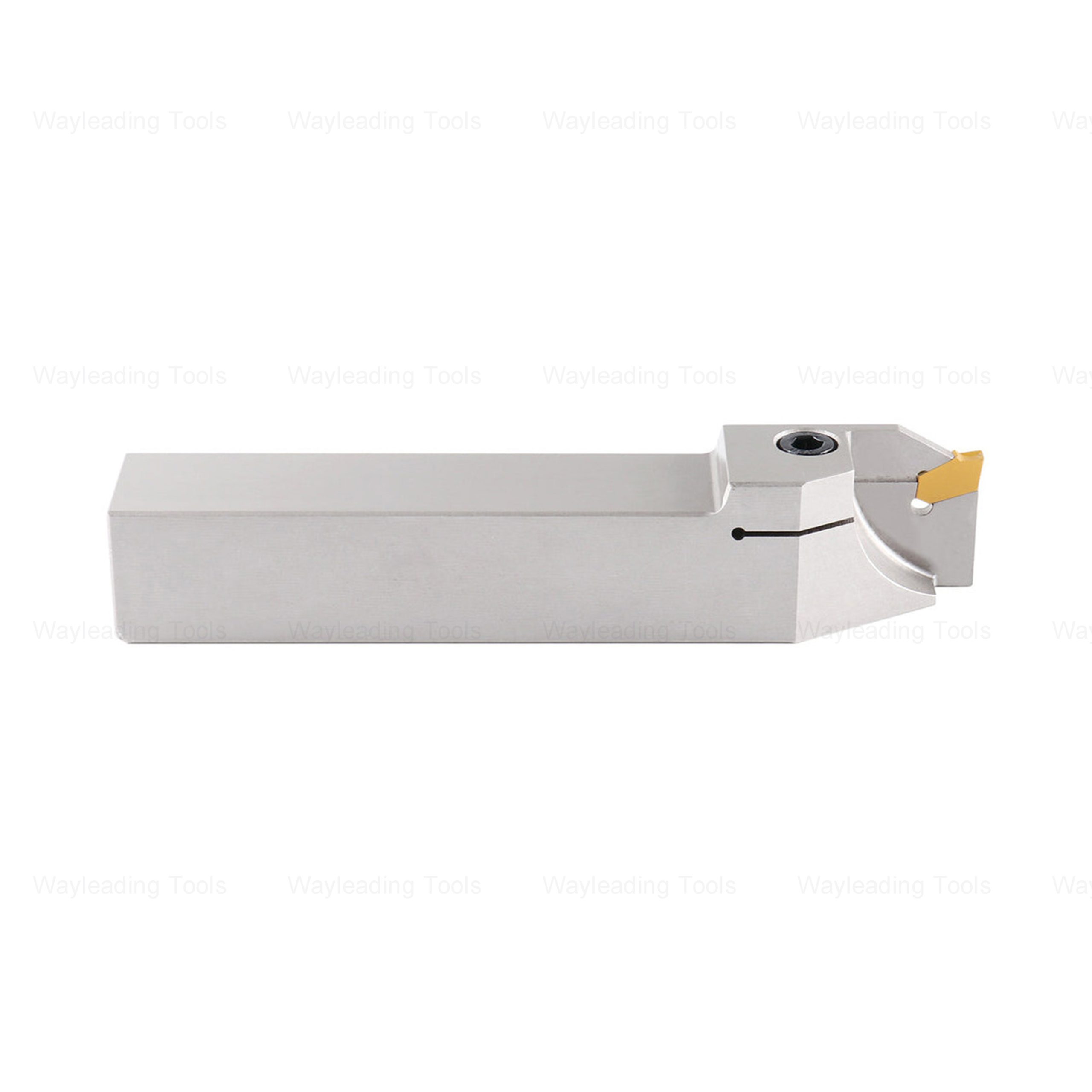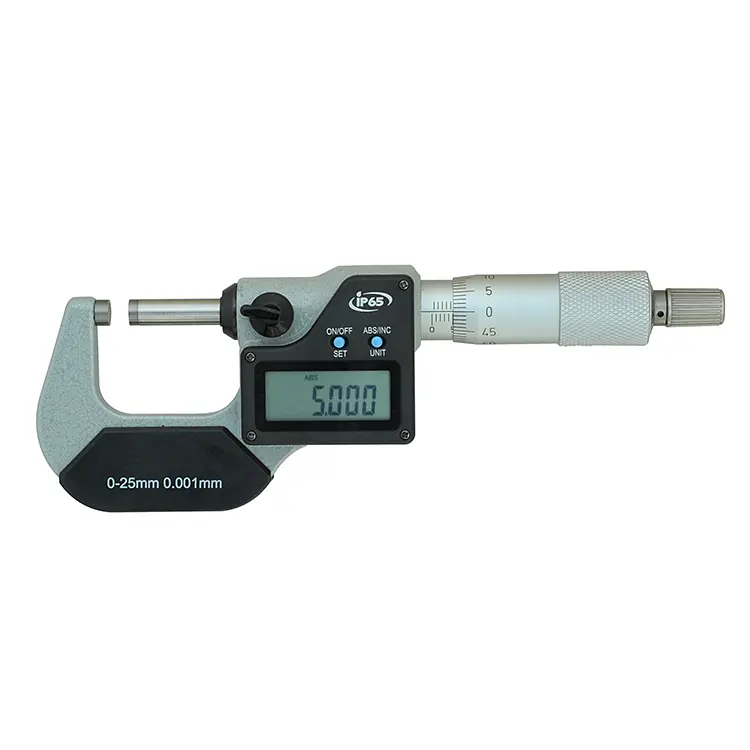Wholesale ball nose end mill
A wholesale ball nose end mill is a type of cutting tool used in CNC milling machines to create contoured surfaces, intricate details, and rounded edges. Its unique hemispherical tip allows for smooth, three-dimensional machining, making it a versatile choice for various applications. This guide explores the different types, materials, coatings, and selection criteria for wholesale ball nose end mills, helping you choose the right tool for your project.
Understanding Ball Nose End Mills
Ball nose end mills, also known as ball end mills or spherical end mills, are distinguished by their rounded, ball-shaped cutting edge. This design makes them ideal for machining complex shapes and contours, such as molds, dies, and prototypes. Their ability to create smooth transitions and reduce stress concentrations makes them a popular choice in industries like aerospace, automotive, and medical device manufacturing.
Key Features of Ball Nose End Mills
- Spherical Tip: The rounded tip allows for smooth cutting in multiple directions, enabling the creation of complex three-dimensional shapes.
- Cutting Edges: Typically have two or four flutes, though designs with more flutes are available for specific applications.
- Shank: Available in various shank diameters to fit different milling machine collets.
- Material: Commonly made from high-speed steel (HSS), cobalt steel, or solid carbide.
- Coating: Often coated with materials like titanium nitride (TiN), titanium aluminum nitride (TiAlN), or diamond-like carbon (DLC) to improve wear resistance and cutting performance.
Types of Ball Nose End Mills
Ball nose end mills come in various types, each suited for specific applications and materials.
Based on Material
High-Speed Steel (HSS) Ball Nose End Mills
HSS ball nose end mills are a cost-effective option for machining softer materials like aluminum, plastic, and wood. They offer good toughness and can be resharpened, making them a practical choice for general-purpose milling.
Cobalt Steel Ball Nose End Mills
Cobalt steel ball nose end mills contain a percentage of cobalt, which improves their hardness and heat resistance. They are suitable for machining tougher materials like stainless steel and cast iron at higher cutting speeds.
Solid Carbide Ball Nose End Mills
Solid carbide ball nose end mills offer the highest hardness and wear resistance. They are ideal for machining hardened steels, titanium alloys, and other abrasive materials. Their rigidity allows for higher cutting speeds and feeds, resulting in improved productivity.
Based on Flute Design
Two-Flute Ball Nose End Mills
Two-flute ball nose end mills provide excellent chip evacuation and are suitable for machining softer materials and deep cavities. They offer a good balance between cutting speed and surface finish.
Four-Flute Ball Nose End Mills
Four-flute ball nose end mills provide a better surface finish and are suitable for machining harder materials at higher feed rates. They offer increased rigidity and reduced vibration.
Based on Coating
Titanium Nitride (TiN) Coated Ball Nose End Mills
TiN coatings improve wear resistance and reduce friction, making them suitable for machining a wide range of materials. They offer a good balance between performance and cost.
Titanium Aluminum Nitride (TiAlN) Coated Ball Nose End Mills
TiAlN coatings provide excellent heat resistance and are ideal for machining at high cutting speeds and feeds. They are particularly effective for machining hardened steels and other abrasive materials.
Diamond-Like Carbon (DLC) Coated Ball Nose End Mills
DLC coatings offer exceptional hardness and lubricity, making them ideal for machining non-ferrous materials like aluminum, copper, and graphite. They provide excellent surface finish and tool life.
Selecting the Right Ball Nose End Mill
Choosing the right wholesale ball nose end mill depends on several factors, including the material being machined, the desired surface finish, and the machine's capabilities.
Material Considerations
- Aluminum: HSS or carbide ball nose end mills with two flutes and a DLC coating are suitable for machining aluminum.
- Steel: Cobalt steel or carbide ball nose end mills with four flutes and a TiAlN coating are recommended for machining steel.
- Stainless Steel: Carbide ball nose end mills with four flutes and a TiAlN or DLC coating are ideal for machining stainless steel.
- Titanium: Carbide ball nose end mills with four flutes and a DLC coating are suitable for machining titanium alloys.
Size and Geometry
- Diameter: Choose a diameter that is appropriate for the size of the features being machined. Smaller diameters are suitable for intricate details, while larger diameters are better for roughing operations.
- Length of Cut: Select a length of cut that is sufficient to reach the desired depth without sacrificing rigidity.
- Shank Diameter: Ensure that the shank diameter is compatible with the milling machine's collet.
Cutting Parameters
Proper cutting parameters are essential for achieving optimal performance and tool life. Consult the manufacturer's recommendations for cutting speed, feed rate, and depth of cut.
| Material | Cutting Speed (SFM) | Feed Rate (IPM) | Depth of Cut (Inches) |
|---|---|---|---|
| Aluminum | 500-1000 | 10-30 | 0.010-0.050 |
| Steel | 100-300 | 5-15 | 0.005-0.025 |
| Stainless Steel | 50-150 | 3-10 | 0.003-0.015 |
| Titanium | 50-100 | 2-8 | 0.002-0.010 |
Where to Buy Wholesale Ball Nose End Mills
If you are looking for high-quality wholesale ball nose end mills, consider Wayleading Tools. We offer a wide range of end mills, including ball nose, flat end, and corner radius options, suitable for various materials and applications. Our selection ensures you find the perfect tool to optimize your machining process and achieve superior results. Check out our offerings at www.wayleading.com.
Maintenance and Care
Proper maintenance and care can significantly extend the life of ball nose end mills.
- Cleaning: Clean the end mills after each use to remove chips and debris.
- Storage: Store the end mills in a dry and clean environment to prevent corrosion.
- Sharpening: Resharpen the end mills when they become dull to maintain cutting performance.
Troubleshooting Common Issues
Chipping
Chipping can occur due to excessive cutting speeds, feeds, or depth of cut. Reduce the cutting parameters and ensure that the workpiece is properly secured.
Vibration
Vibration can result from insufficient rigidity, excessive tool overhang, or improper cutting parameters. Use a shorter end mill, reduce the cutting parameters, and ensure that the machine is properly calibrated.
Poor Surface Finish
A poor surface finish can be caused by dull cutting edges, excessive cutting speeds, or improper coolant application. Sharpen the end mill, adjust the cutting parameters, and ensure that the coolant is properly directed at the cutting zone.
Conclusion
Wholesale ball nose end mills are essential tools for creating complex shapes and contours in a variety of materials. By understanding the different types, materials, and selection criteria, you can choose the right end mill for your project and achieve optimal results. Proper maintenance and care will ensure that your end mills provide long-lasting performance and value.
Wayleading Tools is committed to providing high-quality cutting tools and excellent customer service. Contact us today to learn more about our products and services.
Disclaimer: This article is for informational purposes only. Always consult the manufacturer's recommendations and safety guidelines before using any cutting tool.
References:
Related products
Related products
Best selling products
Best selling products-
 Precision Monoblock Vernier Caliper With Nib Style Jaws Of Metric & Imperial For Industrial
Precision Monoblock Vernier Caliper With Nib Style Jaws Of Metric & Imperial For Industrial -
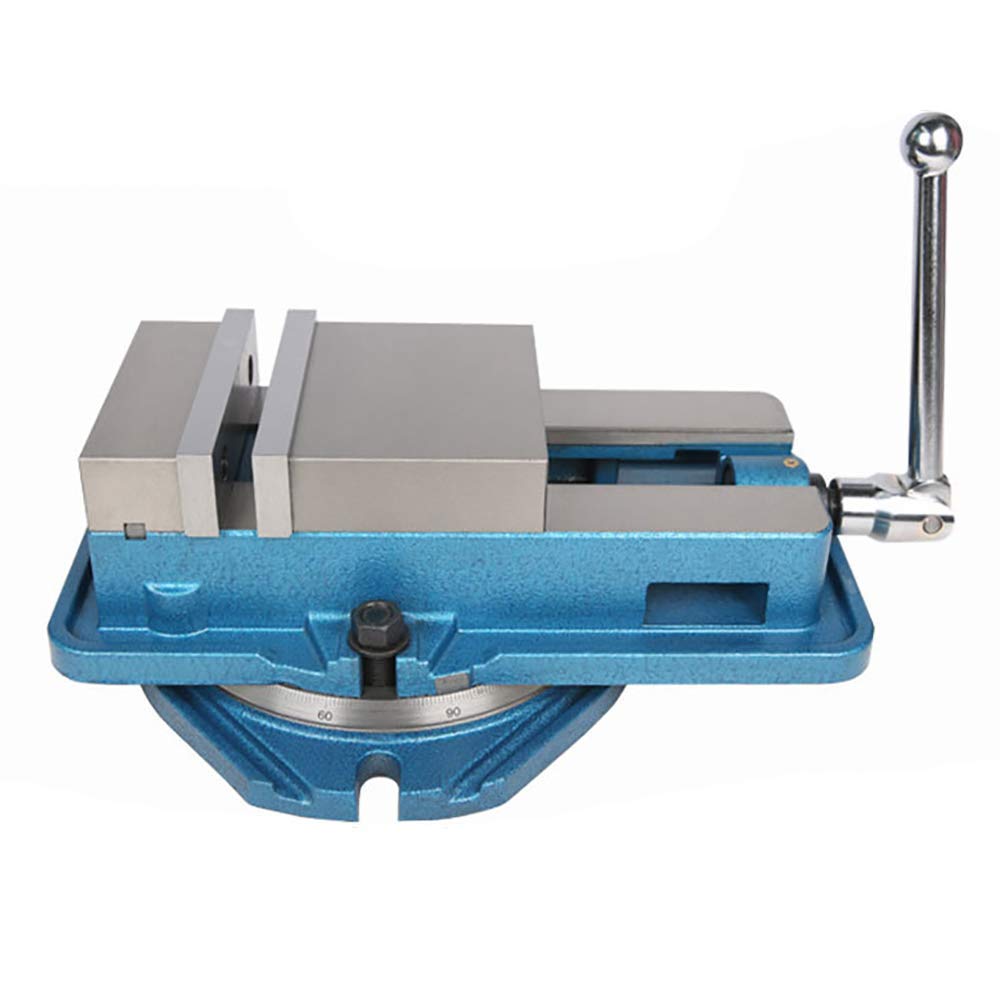 QM ACCU-Lock Precision Machine Vises With Swivel Base
QM ACCU-Lock Precision Machine Vises With Swivel Base -
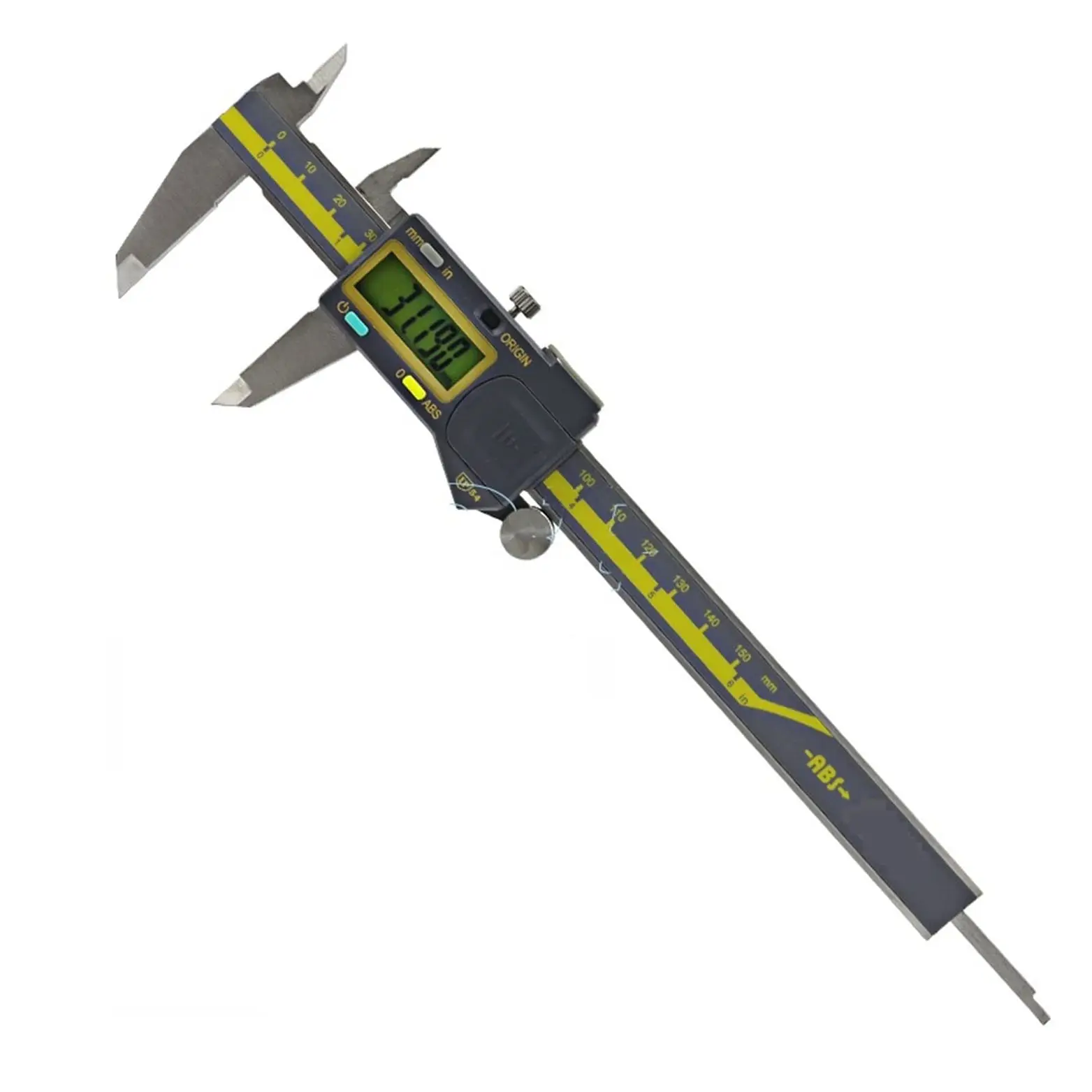 Precision IP54 Digital Caliper With Data Output For Industrial
Precision IP54 Digital Caliper With Data Output For Industrial -
 Type K-90 Degree Cone Tungsten Carbide Rotary Burr
Type K-90 Degree Cone Tungsten Carbide Rotary Burr -
 MT-APU Drill Chuck Holder With Keyless Type
MT-APU Drill Chuck Holder With Keyless Type -
 Type E Oval Tungsten Carbide Rotary Burr
Type E Oval Tungsten Carbide Rotary Burr -
 HSS Inch Convex Milling Cutter For Industrial
HSS Inch Convex Milling Cutter For Industrial -
 ISO Metric Hexagon Die With Right Hand
ISO Metric Hexagon Die With Right Hand -
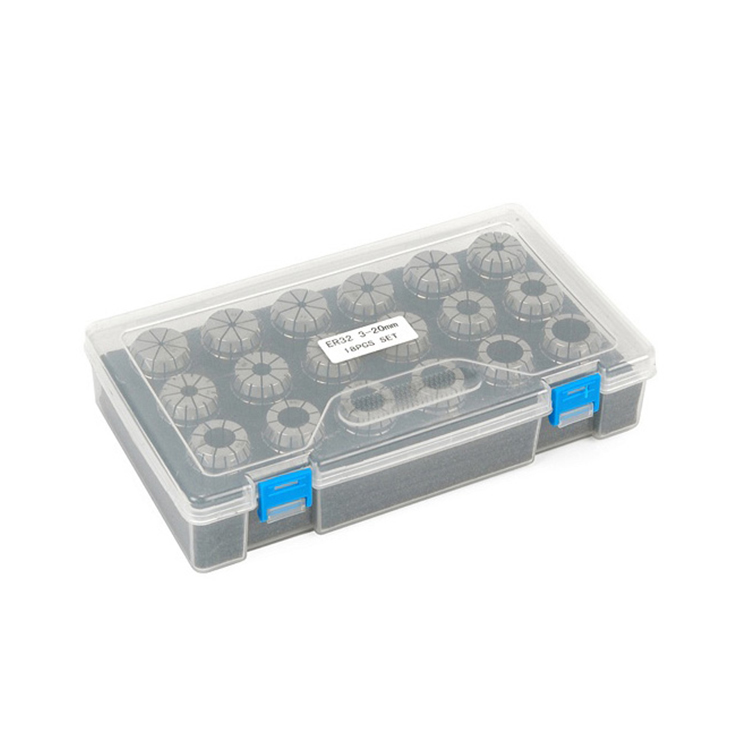 ER Collet Set With Hight Precision Milling
ER Collet Set With Hight Precision Milling -
 Precision Outside Micrometer With digit Counter Of Inch & Metric With Rachet Stop
Precision Outside Micrometer With digit Counter Of Inch & Metric With Rachet Stop -
 Dead Center For Morse Taper Shank
Dead Center For Morse Taper Shank -
 Precision 10pcs & 12pcs Angle Blocks Set With High Quality Type
Precision 10pcs & 12pcs Angle Blocks Set With High Quality Type

